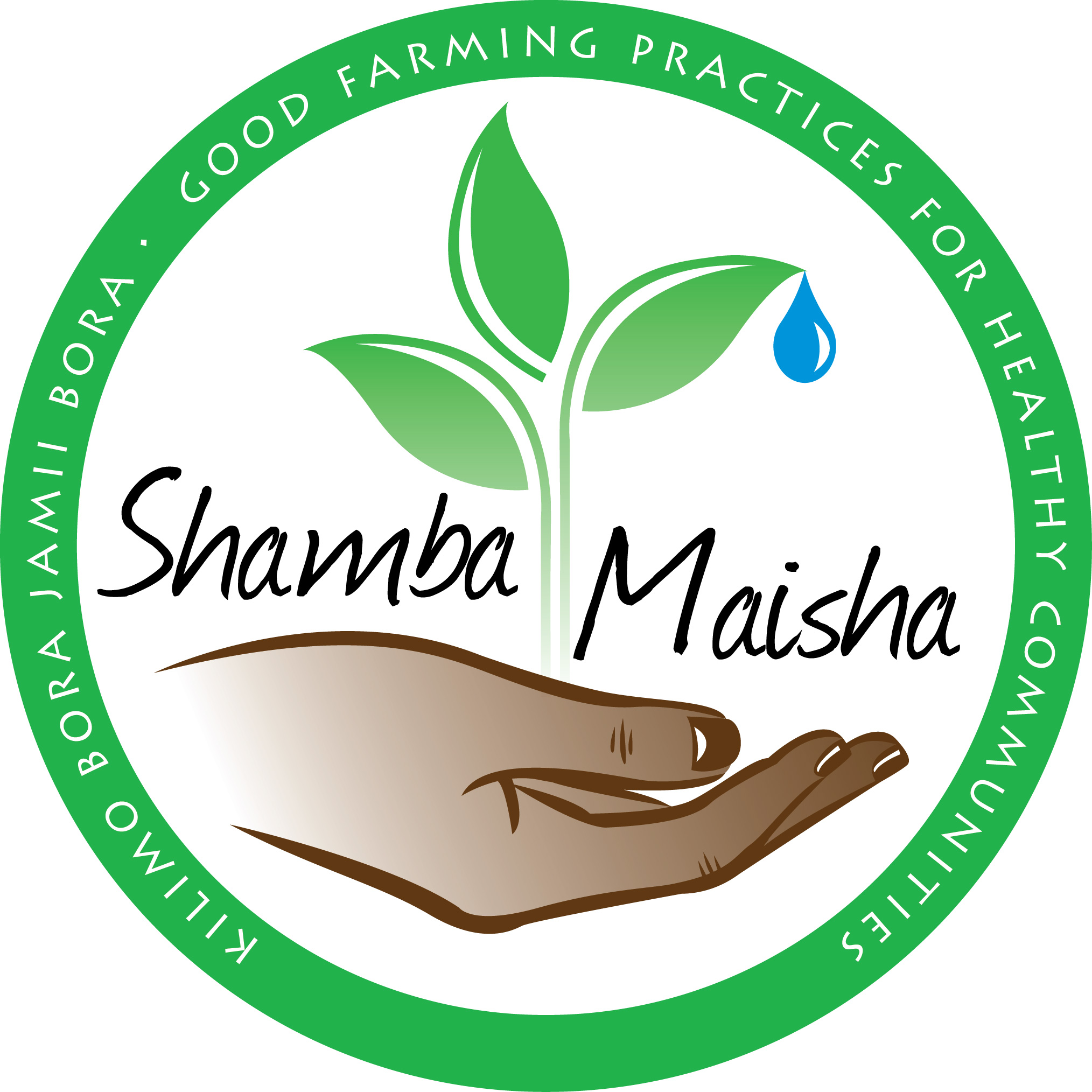What’s unique about Shamba Maisha?
We are a transdisciplinary team made up of researchers, physicians, engineers, bankers, farmers, statisticians, nutritionists, economists, and social scientists from Kenya, Canada and the US working to develop and test new approaches to improve health and empower families affected by HIV in rural Kenya.
Shamba Maisha is the only study funded by the US National Institutes of Health testing an agricultural intervention to improve the health of communities affected by HIV. Shamba Maisha seeks to turn subsistence agriculturalist into horticulturalists to improve health and nutrition, and lift families out of poverty.
Goal
Shamba Maisha will determine the impact of the multisectoral intervention among farmers and their dependent children aged 6-months to 3 years and adolescent girls living in communities affected by HIV. In addition, we seek to understand the pathways through which the intervention may improve health outcomes among adults, the growth and development among the young children, and the sexual and reproductive health of adolescent girls. We will assess perceptions of intervention efficacy based on land tenure and ownership, participant’s perceptions of climate change and the impact of climate change on farming, mental and HIV health as well as how gender impacts coping to the impacts of climate change, and we will also ask pregnant and post-partum women about the impact of the intervention on their health, antenatal care, family planning, diet, farming, income, and relationships. Lastly, in order to inform policy, we will determine the cost-effectiveness of the intervention and obtain the information necessary to inform scale-up in Kenya and similar settings in sub-Saharan Africa.
